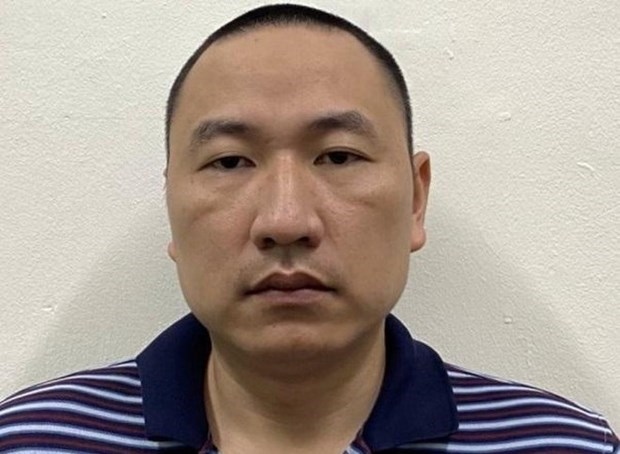Man handed six-year prison term for anti-State propaganda
A man residing in Mo Lao ward, Hanoi’s Ha Dong district has been sentenced to six years in prison for “making, storing, distributing, or disseminating information, documents, and items against the State of the Socialist Republic of Vietnam.”

The Hanoi People’s Court on July 3 opened a first-instance trial for 39-year-old Phan Son Tung, with its ruling made in pursuant to Article 117, Clause 1 of the Penal Code.
According to the indictment issued by the Hanoi People’s Procuracy, the Investigation Security Agency of the Hanoi Police on March 1, 2022 received an official dispatch attached with documents from the Division of Cyber Security and High-Tech Crime Prevention and Control under the Ministry of Public Security, asking for verification and handling of violations in the use of the Internet related to Tung.
Some of his video clips posted on Facebook and YouTube had contents slandering the regime, distorting the truth about the political and socio-economic situation in Vietnam, and defaming Party and State leaders.
Investigators found that since 2011, Tung had created, managed and used four accounts on social networks, with three on YouTube, namely “Vi Vietnam thinh Vuong” (For prosperous Vietnam), “Son Tung TV” and “Phan Son Tung”, and another on Facebook namely “David Phan.”
As of August 2022, Tung published more than 1,000 video clips on his Facebook account, which had been available on the YouTube channels earlier, attracting 148 million views and 530,000 followers.
Between August 5-31, 2022, he posted 10 video clips on “Vi Vietnam thinh Vuong”, calling for the establishment of an illegal organisation with the name of “Dang Vietnam thinh Vuong” (Prosperous Vietnamese party) to lure public attention.
Competent forces concluded that Tung made and distributed 16 video clips online with contents violating the law, most of them against the State, Party and administration.
At the court, Tung confessed his distribution of the video clips, but did not admit that their contents violate the law.
